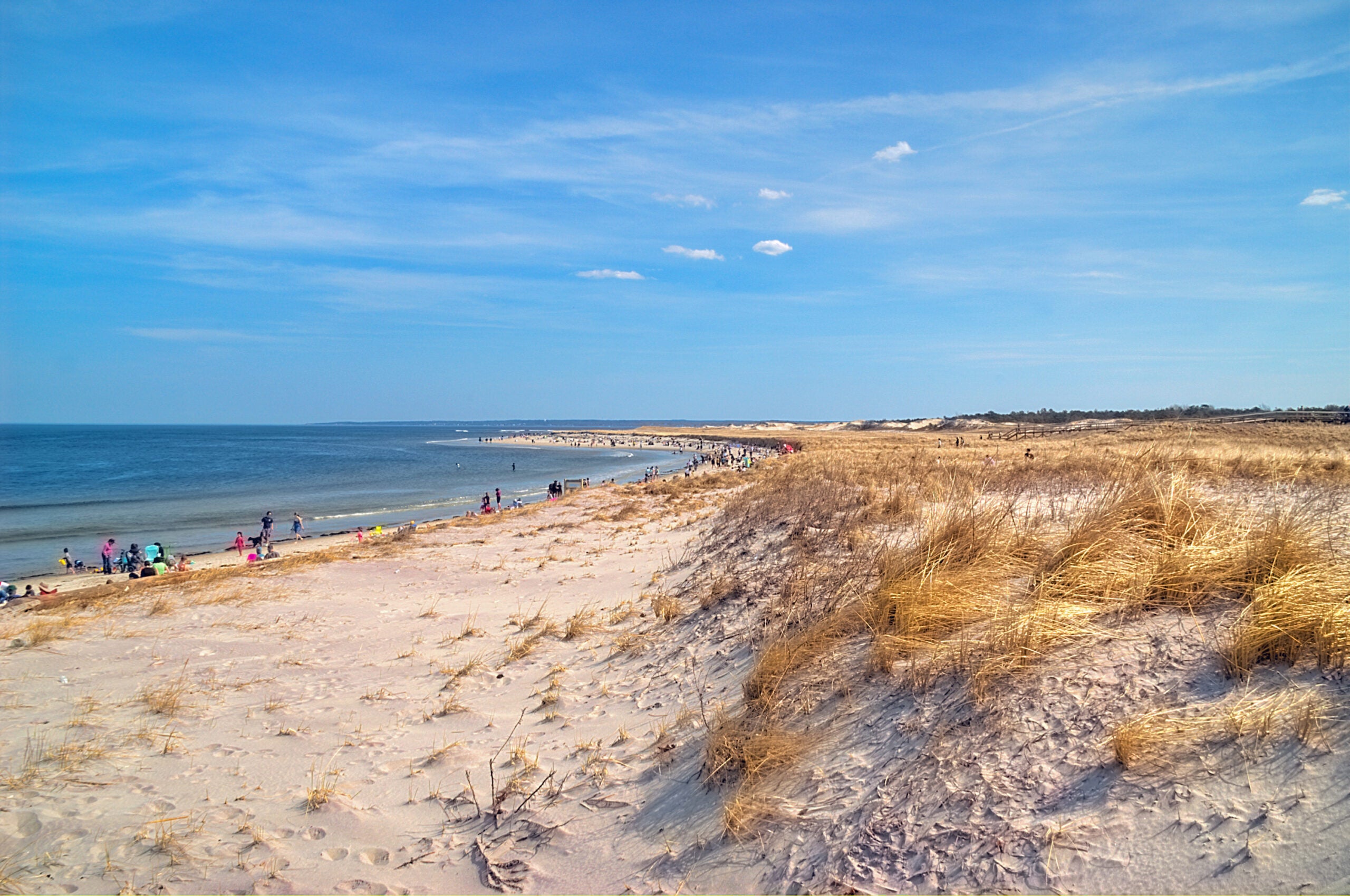Massachusetts Beach Closures: Massachusetts Beaches Closed
Massachusetts beaches are often closed due to water quality issues, harmful algal blooms, or weather conditions. Water quality issues can be caused by bacteria from sewage or stormwater runoff, which can make people sick if they swim in the water. Harmful algal blooms are caused by a type of algae that can produce toxins that can make people sick if they swim in the water or eat shellfish that have been contaminated by the algae. Weather conditions can also lead to beach closures, such as high waves or strong currents that can make it dangerous to swim.
Recent Beach Closures
In recent years, there have been a number of beach closures in Massachusetts due to water quality issues. In 2019, for example, over 50 beaches were closed at some point during the summer due to high levels of bacteria. These closures had a significant impact on tourism and recreation, as well as the local economy.
Monitoring and Testing Procedures
The Massachusetts Department of Environmental Protection (DEP) is responsible for monitoring and testing the water quality at beaches in the state. The DEP uses a variety of methods to test the water, including taking water samples and testing them for bacteria and other contaminants. The DEP also uses computer models to predict water quality conditions and to identify areas that are at risk for beach closures.
Safety Measures and Public Health Concerns

Massachusetts beaches closed – The closure of Massachusetts beaches is a vital public health measure taken to protect beachgoers from potential health risks associated with contaminated water. Swimming in contaminated water can pose serious health hazards, ranging from gastrointestinal illnesses to skin infections.
Gastrointestinal illnesses, such as norovirus and E. coli, can be transmitted through contact with contaminated water. These illnesses can cause symptoms such as nausea, vomiting, diarrhea, and abdominal cramps. In severe cases, gastrointestinal illnesses can lead to dehydration and hospitalization.
Skin Infections
Skin infections, such as swimmer’s itch and folliculitis, can also be caused by swimming in contaminated water. Swimmer’s itch is caused by a parasite that lives in snails and can penetrate human skin, causing an itchy rash. Folliculitis is a bacterial infection that can occur when bacteria enter hair follicles, leading to red, inflamed bumps.
Guidelines for Beachgoers
To stay safe and avoid potential health hazards, beachgoers should follow these guidelines:
- Avoid swimming in areas where there are known beach closures or water quality advisories.
- Look for signs of water contamination, such as discolored water, floating debris, or foul odors.
- If you do swim in potentially contaminated water, rinse off with clean water as soon as possible.
- Avoid swallowing water while swimming.
- Keep an eye on children and pets, and make sure they do not swallow or come into contact with contaminated water.
Environmental Factors and Long-Term Solutions

Beach closures are often caused by environmental factors such as pollution, stormwater runoff, and climate change. These factors can lead to high levels of bacteria in the water, making it unsafe for swimming.
Long-term strategies and initiatives are needed to improve water quality and reduce beach closures. These strategies may include reducing pollution from stormwater runoff, investing in wastewater treatment infrastructure, and restoring wetlands. Successful beach restoration projects and water management practices have been implemented in various locations, demonstrating the effectiveness of these strategies in improving water quality and reducing beach closures.
Pollution from Stormwater Runoff
Stormwater runoff is a major source of pollution in coastal waters. When it rains, water flows over impervious surfaces such as roads and parking lots, picking up pollutants such as oil, grease, and bacteria. This polluted water then flows into storm drains and eventually into coastal waters.
To reduce pollution from stormwater runoff, several strategies can be implemented, including:
- Installing green infrastructure, such as rain gardens and bioswales, which can filter pollutants from stormwater runoff.
- Implementing low-impact development practices, such as permeable pavements and green roofs, which can reduce the amount of stormwater runoff generated.
- Educating the public about the importance of proper waste disposal and the impact of littering on water quality.
Investing in Wastewater Treatment Infrastructure, Massachusetts beaches closed
Wastewater treatment plants play a critical role in removing pollutants from wastewater before it is discharged into coastal waters. Investing in wastewater treatment infrastructure can help to reduce the amount of pollution in coastal waters and improve water quality.
Strategies for investing in wastewater treatment infrastructure include:
- Upgrading existing wastewater treatment plants to improve their efficiency.
- Building new wastewater treatment plants in areas where they are needed.
- Implementing innovative wastewater treatment technologies, such as membrane bioreactors and ultraviolet disinfection.
Restoring Wetlands
Wetlands are natural areas that are covered in water for at least part of the year. Wetlands provide a number of important functions, including filtering pollutants from water, providing habitat for wildlife, and reducing flooding. Restoring wetlands can help to improve water quality and reduce beach closures.
Strategies for restoring wetlands include:
- Protecting existing wetlands from development.
- Restoring degraded wetlands.
- Creating new wetlands.
Massachusetts beaches were closed this week due to a red tide bloom, but in Greece , people are working six days a week. The beaches will reopen next week, but the long work week in Greece is likely to continue.
Hopefully, the people of Greece will be able to find some time to relax and enjoy the beautiful beaches of their country.
The sun-kissed shores of Massachusetts beaches lie silent, their usual symphony of laughter and splashing waves replaced by an eerie quiet. While the closures cast a somber note, there’s a glimmer of hope in the form of Saks Global , a renowned online retailer offering a respite from the coastal blues.
With their exclusive collections and unparalleled customer service, Saks Global brings the allure of distant shores right to your doorstep, making the beach closures a little less bitter.